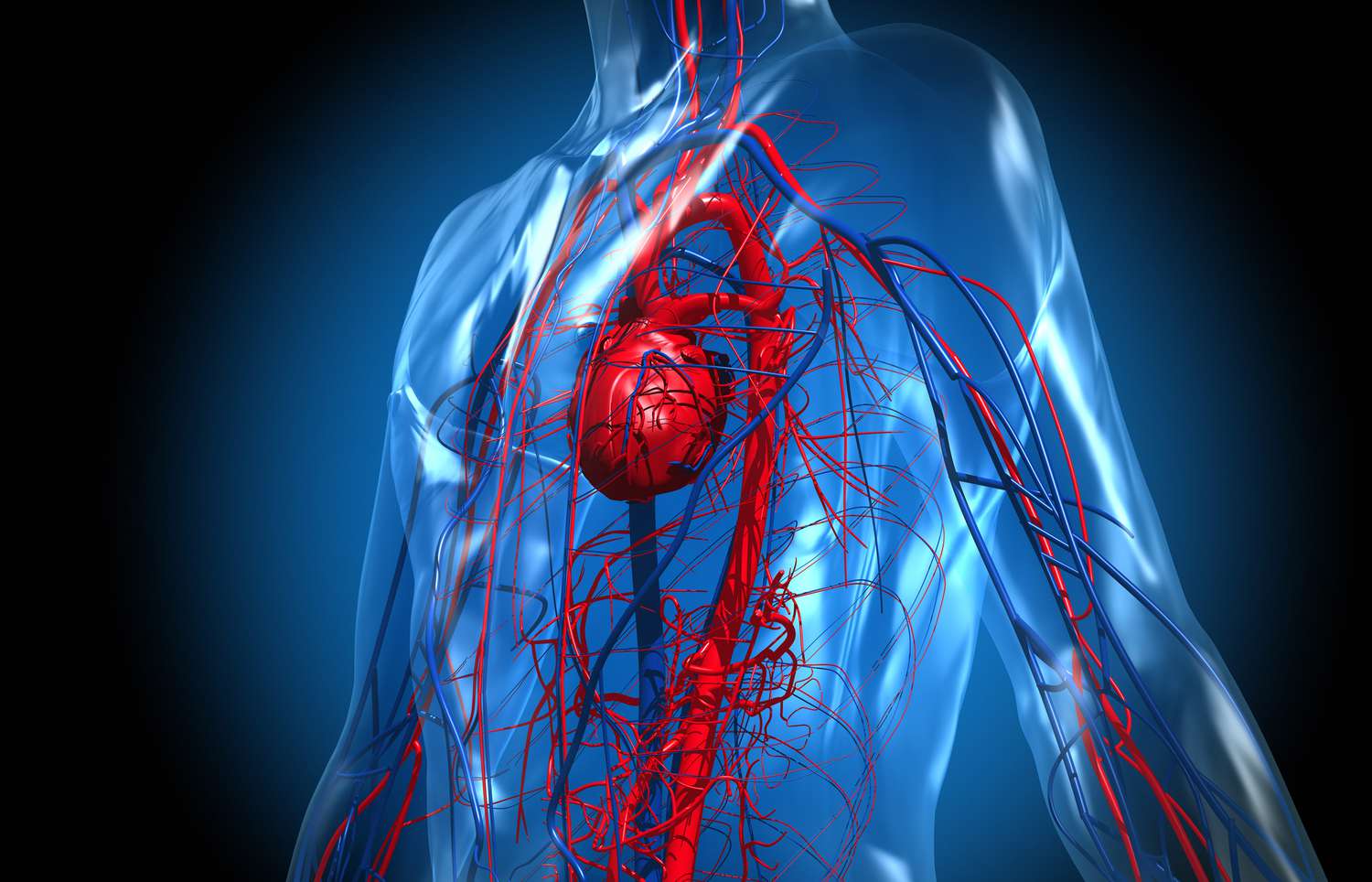The Secrets of Heart Flow: A Comprehensive Guide
The human heart, with its ceaseless rhythm, is a marvel of nature. At the core of its function lies the intricate concept of “heart flow.” In this guide, we embark on a journey to unravel the mysteries of heart flow, delving into its mechanics, significance for health, and factors that influence its rhythm.
Understanding Heart Flow
At its essence, heart flow is the lifeline of our circulatory system. It encompasses the dynamic movement of blood, laden with life-sustaining oxygen and vital nutrients, through the heart and arteries to reach every cell in our body. Picture it as a well-choreographed dance, ensuring the body’s needs are met with precision.

heart flow
The Mechanics of Heart Flow
To grasp the intricacies of heart flow, we must acquaint ourselves with the heart’s anatomy and its role as a tireless pump. With each beat, the heart propels blood into circulation, setting the stage for a rhythmic journey through the body’s intricate web of blood vessels.
Factors Influencing Heart Flow
Several factors come into play when considering the efficiency of heart flow. From heart rate to the viscosity of blood, and even the health of our arteries and veins, each element plays a pivotal role. Understanding these influencers sheds light on how we can optimize heart flow.
Symptoms of Heart Flow Problems
Efficient heart flow is essential for overall health, and any disruption can manifest in various ways. Recognizing the symptoms of heart flow problems is crucial for early intervention and better cardiovascular health.
Diagnostic Tests for Heart Flow
When heart flow concerns arise, healthcare professionals have a range of diagnostic tests at their disposal to assess and pinpoint issues accurately. These tests provide valuable insights into the state of your cardiovascular health.
Improving Heart Flow Naturally
Optimizing heart flow need not rely solely on medical interventions. There are natural and lifestyle-based approaches that individuals can adopt to promote better cardiovascular health, enhancing the efficiency of blood circulation.
Medical Interventions
In some cases, medical interventions may be necessary to address heart flow issues. Healthcare professionals may recommend treatments or procedures to restore optimal circulation and ensure cardiovascular health.
Prevention and Maintenance
Preventing heart flow problems is a proactive approach to maintaining cardiovascular health. By adopting preventive measures and regular check-ups, individuals can significantly reduce the risk of circulatory issues.
Frequently Asked Questions (FAQs) About Heart Flow
Q: What is heart flow, and why is it important?
A: Heart flow refers to the movement of blood through the heart and blood vessels, delivering oxygen and nutrients to the body’s tissues. It’s vital for overall health as it sustains every cell in the body.
Q: How can I check my heart flow at home?
A: While you can’t directly measure heart flow at home, you can monitor your heart health by regularly checking your blood pressure, heart rate, and staying attentive to symptoms like shortness of breath or chest pain.
Q: What causes poor heart flow?
A: Poor heart flow can result from various factors, including coronary artery disease, plaque buildup in arteries, high blood pressure, or valve disorders. Lifestyle choices, like a sedentary lifestyle or an unhealthy diet, can contribute to these issues.
Q: Can stress affect heart flow?
A: Yes, chronic stress can have a negative impact on heart health by raising blood pressure and contributing to inflammation. Managing stress through relaxation techniques and regular exercise is essential for heart flow.
Q: Are there exercises that specifically improve heart flow?
A: Aerobic exercises such as brisk walking, jogging, swimming, and cycling are excellent for enhancing heart flow. They strengthen the heart muscle and improve circulation.
Q: What dietary changes can support healthy heart flow?
A: A heart-healthy diet includes plenty of fruits, vegetables, whole grains, lean proteins, and healthy fats like those found in avocados and nuts. Reducing sodium intake and avoiding trans fats is also essential.
Q: Can heart flow problems be hereditary?
A: Yes, genetics can play a role in heart flow issues. If you have a family history of heart disease or related conditions, it’s crucial to inform your healthcare provider for proper risk assessment.
Q: Is it possible to have good heart flow with high cholesterol?
A: High cholesterol levels can contribute to heart flow problems by causing plaque buildup in arteries. Managing cholesterol through medication and lifestyle changes is crucial for heart health.
Q: Are there natural supplements that promote heart flow?
A: Some supplements, like omega-3 fatty acids and CoQ10, may support heart health. However, consult your healthcare provider before adding supplements to your routine.
Q: How often should I have a cardiovascular check-up?
A: The frequency of check-ups depends on your age, risk factors, and medical history. Typically, adults should have a cardiovascular check-up at least once every few years, or as recommended by their healthcare provider.
Conclusion
Understanding and optimizing heart flow is fundamental to maintaining a healthy life. By recognizing the significance of efficient circulation and taking steps to support cardiovascular well-being, individuals can prioritize heart health for a long and vibrant life.




